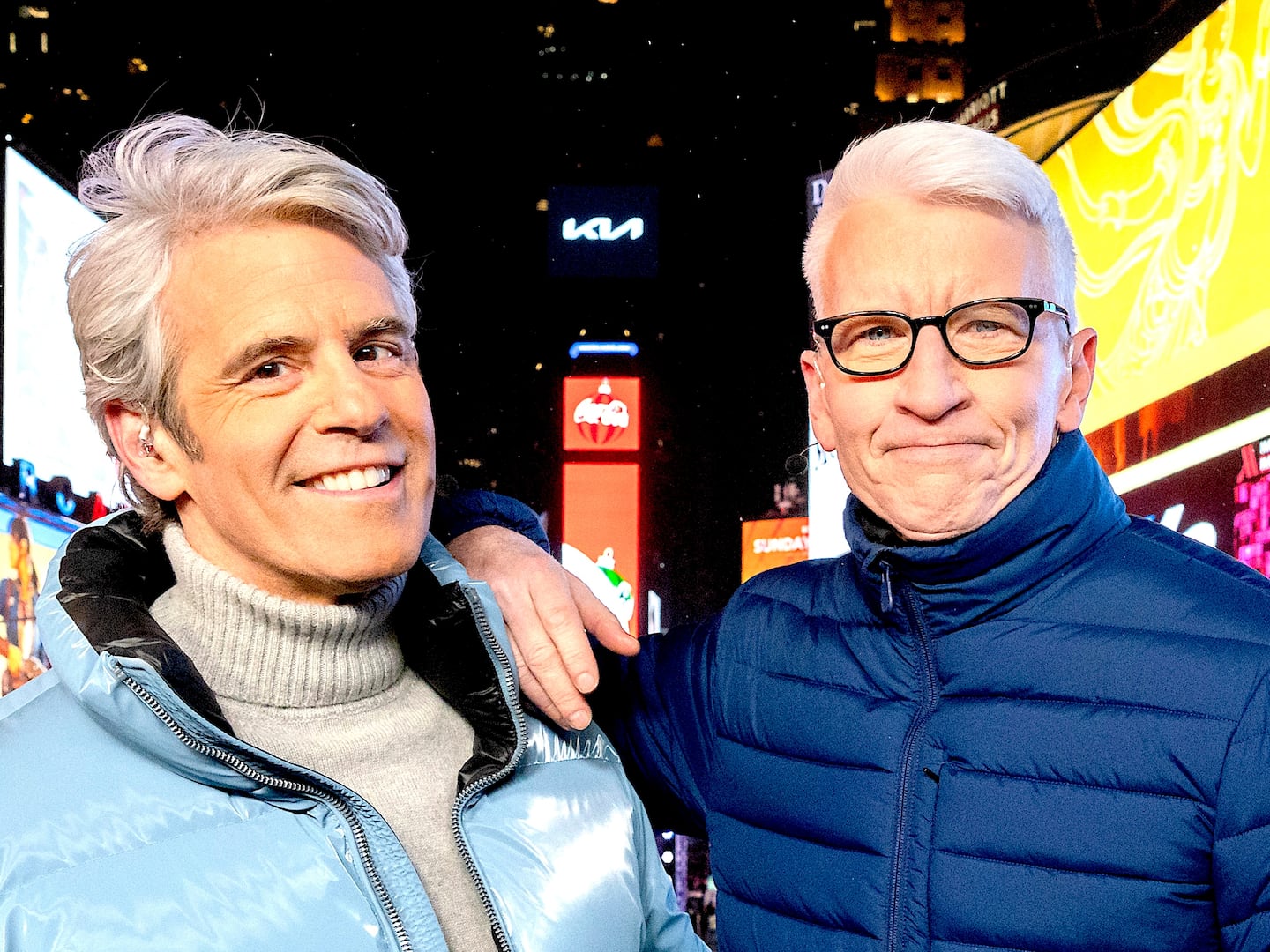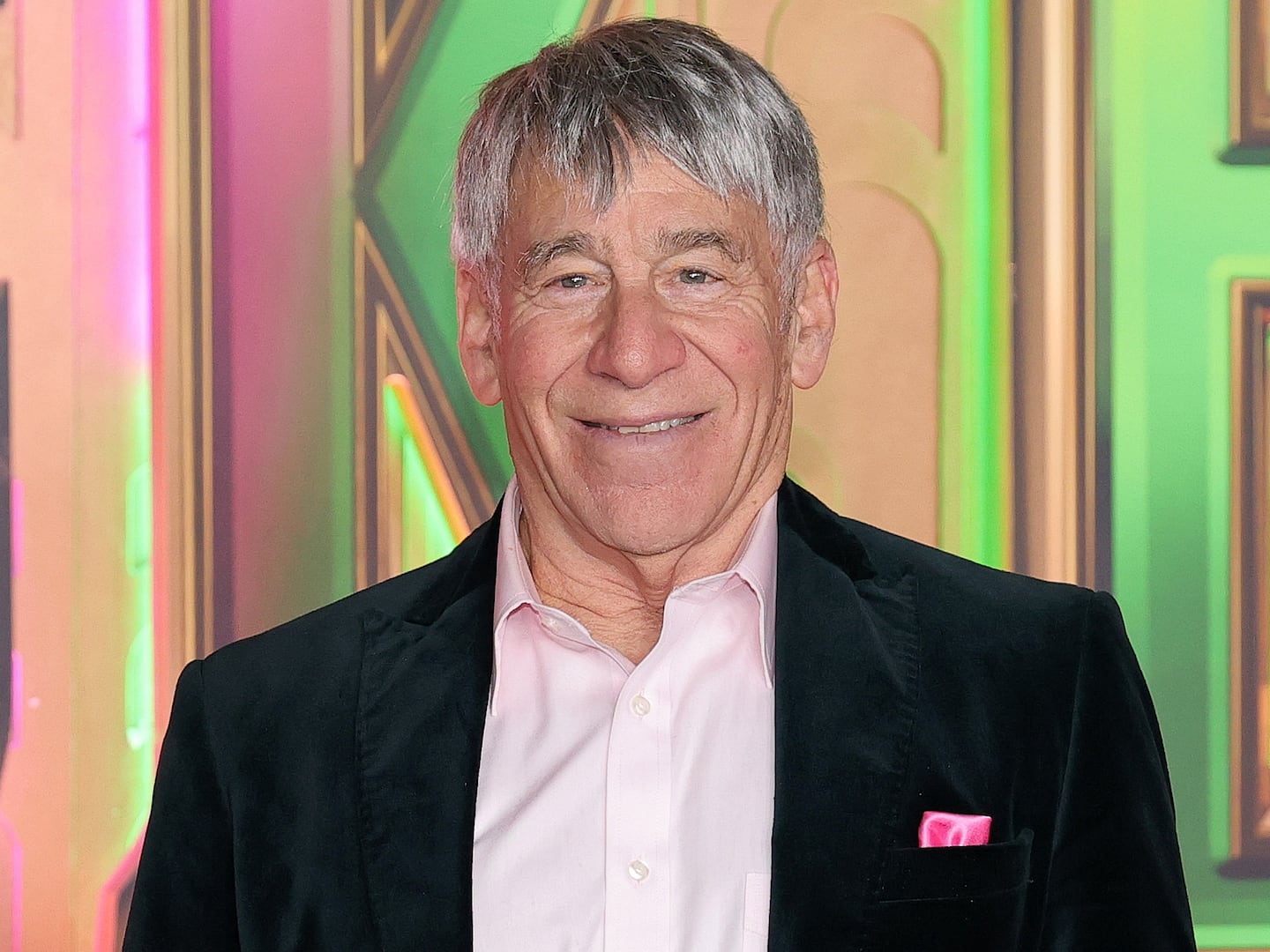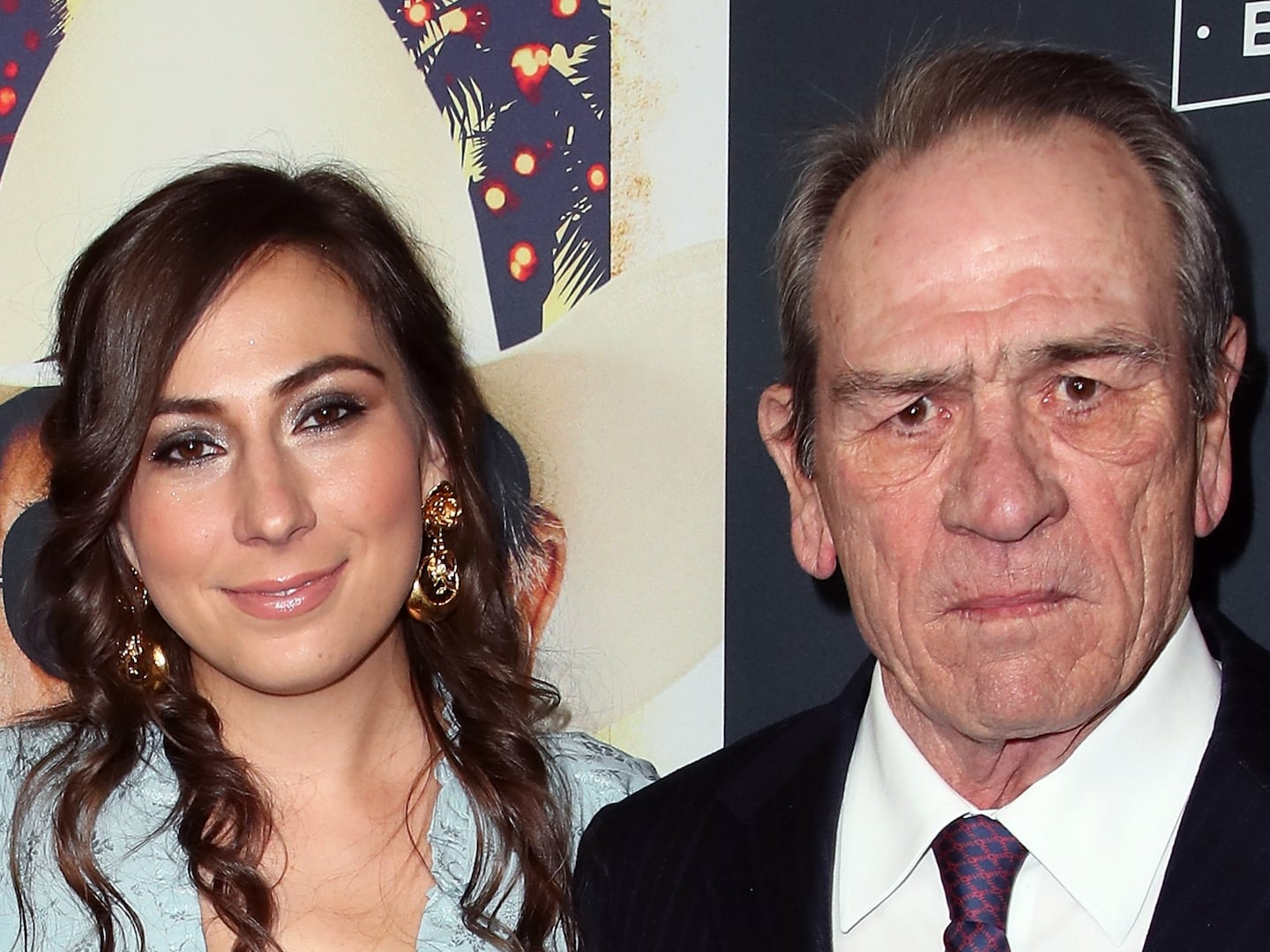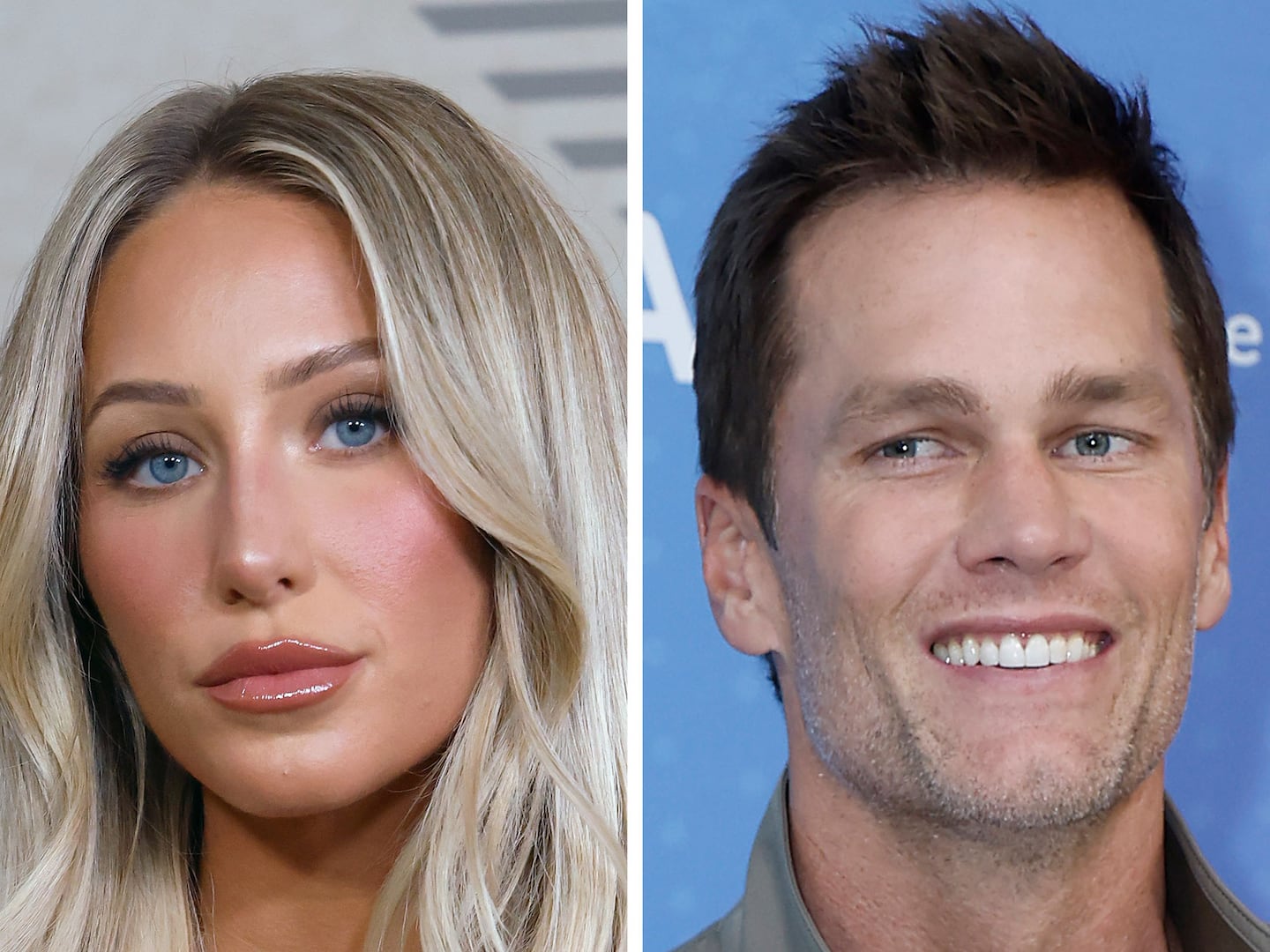This is a preview of our pop culture newsletter The Daily Beast’s Obsessed, written by editor Kevin Fallon. To receive the full newsletter in your inbox each week, sign up for it here.
There were certain things we always watched as a family when I was growing up: VHS tapes of Rodgers & Hammerstein musicals, on a constant loop; new episodes of 7th Heaven every Monday night; and Baywatch.
Looking back, it is inexplicable that this fell into the tightly defined category of wholesome, family-friendly viewing that dictated my pop-culture diet when I was a kid. But at the time, I was riveted. The whole family was.
Maybe it shouldn’t be a surprise that we were such Baywatch enthusiasts. It was, after all, the most popular TV show in the world. And, despite frequent suspicions that various members of us clearly hailed from another planet, what were we Fallons, if not a part of the world?
People snickered at the show, with its slow-motion shots of the centerfold-ready cast running down a beach in bathing suits. But its massive success correlated with an unprecedented global horniness. Even Baywatch star Pamela Anderson herself has joked that “you could watch that show with the sound off, actually.” Far be it from me to contradict the Baywatch Queen, especially at such a beautiful, long-overdue moment of respect for her and her career, but—I swear—we really did watch it for the plot.
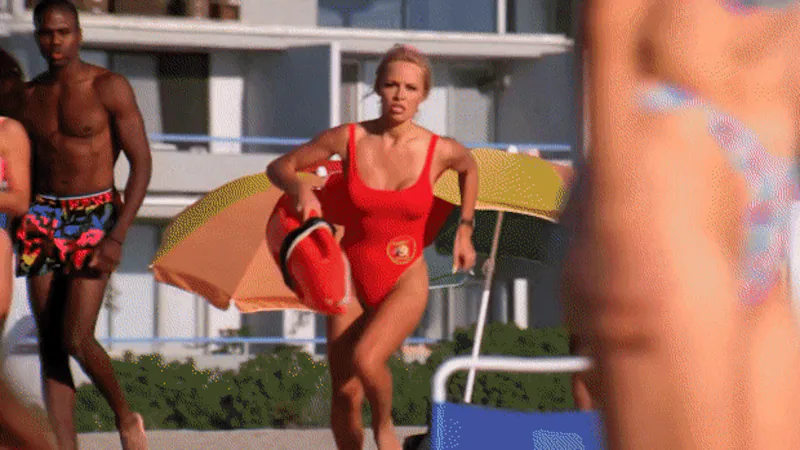
You know that show 9-1-1 on Fox that everyone supposedly loves, with its outrageous, bordering-on-preposterous calamity of the week? Baywatch did it first, with prettier people. I was riveted by every bizarre wharf explosion and boat kidnapping that, nonsensically, these beach lifeguards were tasked with, like they were some red swimsuit-wearing PAW Patrol of the Santa Monica State Beach.
I was obsessed with the characters the way that people are with soap opera stars—like Caroline (Yasmine Bleeth), Cody (David Chokachi), Stephanie (Alexandra Paul)—but it was C.J. Parker, played by Anderson, who always had my eye. Not for that reason; I think I was slightly too young for that to be the source of fascination. Later on in life, I would come to understand why, even if I had been old enough, she wouldn’t have been who I was ogling anyway. (Hello, David Chavert.)
But Anderson set off some sort of spark that crackled through the screen into my consciousness, where it would flicker for decades to come. Friends, I even watched the 2005 sitcom Stacked.
There’s exhausting talk amongst people in a certain age range about what qualifies as millennial vs. Gen X and, in some cases, Gen Z: what years; what kind of upbringing; what pop-culture memories. But there’s a realization I had this week, while reading through the gossip around Anderson’s just-released memoir, Love, Pamela; taking in her major interviews in support of it; and, now, having just watched the new Netflix documentary Pamela: A Love Story. We’re all the Pam Anderson Generation. And it’s time for our reckoning.
Anderson is a celebrity that we have been preoccupied with for decades and, for reasons both earnest and unsavory, have granted permanent residence for in the zeitgeist. Even when there wasn’t anything particularly huge happening in her career, there she was still, as if her place in the public’s consciousness was less a home than it was a fortified war bunker she’d been forced into. This week’s slew of Anderson-centric projects are forcing us to recognize that she hadn’t been given a say in that matter. Even when she was speaking, we weren’t hearing what she had to say.
Pamela: A Love Story is eye-opening and perspective-changing.

Yes, we remember all of it: the Playboy centerfold, the Baywatch breakout, the whirlwind marriage to Tommy Lee, the sex tape, the Scary Movie franchise appearance, the random gigs throughout the years, the multiple husbands and divorces, the PETA activism, the Julian Assange friendship. And most recently, we remember the release of the Hulu series Pam and Tommy, which dramatized the most tumultuous. invasive part of her life without her consent.
We even, if shamefully, remember the more unscrupulous milestones: the way Anderson couldn’t give an interview without her breasts being mentioned, how she was misogynistically vilified after the sex tape was stolen and released, and how she soldiered on, willing to take part in playing the caricature of “Pam Anderson” if it meant continued work and survival.
Now is, really, the first time Anderson has been given the opportunity to explain how she feels—and felt—about all of those things. Or, to clarify, it’s the first platform she’s been given to do so, at a time when we are ready and willing to listen.
Because of the nature of everything that’s tied to Anderson’s fame, one—as in me—might press play on this tell-all documentary expecting something juicy, salacious, and fiery—as was her life as we thought we knew it.
What a refreshing surprise it was to encounter Anderson in a space that was so warm, funny, and even goofy. Her humor and insights are equally sharp. Most impressive, though, is her clarity. As she gave the filmmaker Ryan White access to her personal diaries and, on camera, watched the hours and hours of home-video footage she kept over the decades, it was, quite often, moving.
There are certainly insightful observations about the invasion of privacy she suffered when the sex tape was released and the cruel humiliation she endured. And Anderson exhibits nothing but candor throughout, especially when discussing her “sick” feeling when Pam and Tommy was released and the past she’d worked so hard to move on from was in the news again. But, overwhelmingly, she talks through her feelings about love, trust, taking risks, and figuring out who she really is, after years of being told to be a certain way.

Pamela Anderson and Kid Rock
Courtesy of NetflixI started transcribing quotes, assuming I’d find explosive fodder for a grabby headline about Anderson clapping back at her abusers. Instead, by the end of the documentary, I had a Google Doc assembled that might as well be retitled “Therapy Session via Pam.”
I don’t think we necessarily “owe it” to Anderson to watch this documentary and hear her thoughts on everything she’s experienced in the public eye. If anything, Pamela: A Love Story proves her admirable capability of moving onto next chapters of her life no matter what the public cares or says. But maybe we owe it to ourselves, a generation continuing to learn and grow from our past, well, awfulness.
As a brilliant piece of music writing once passionately put to song: “Some people stand in the darkness / afraid to step into the light…” Well, after this week, “I’ll be ready.”
Keep obsessing! Sign up for the Daily Beast’s Obsessed newsletter and follow us on Facebook, Twitter, Instagram and TikTok.




